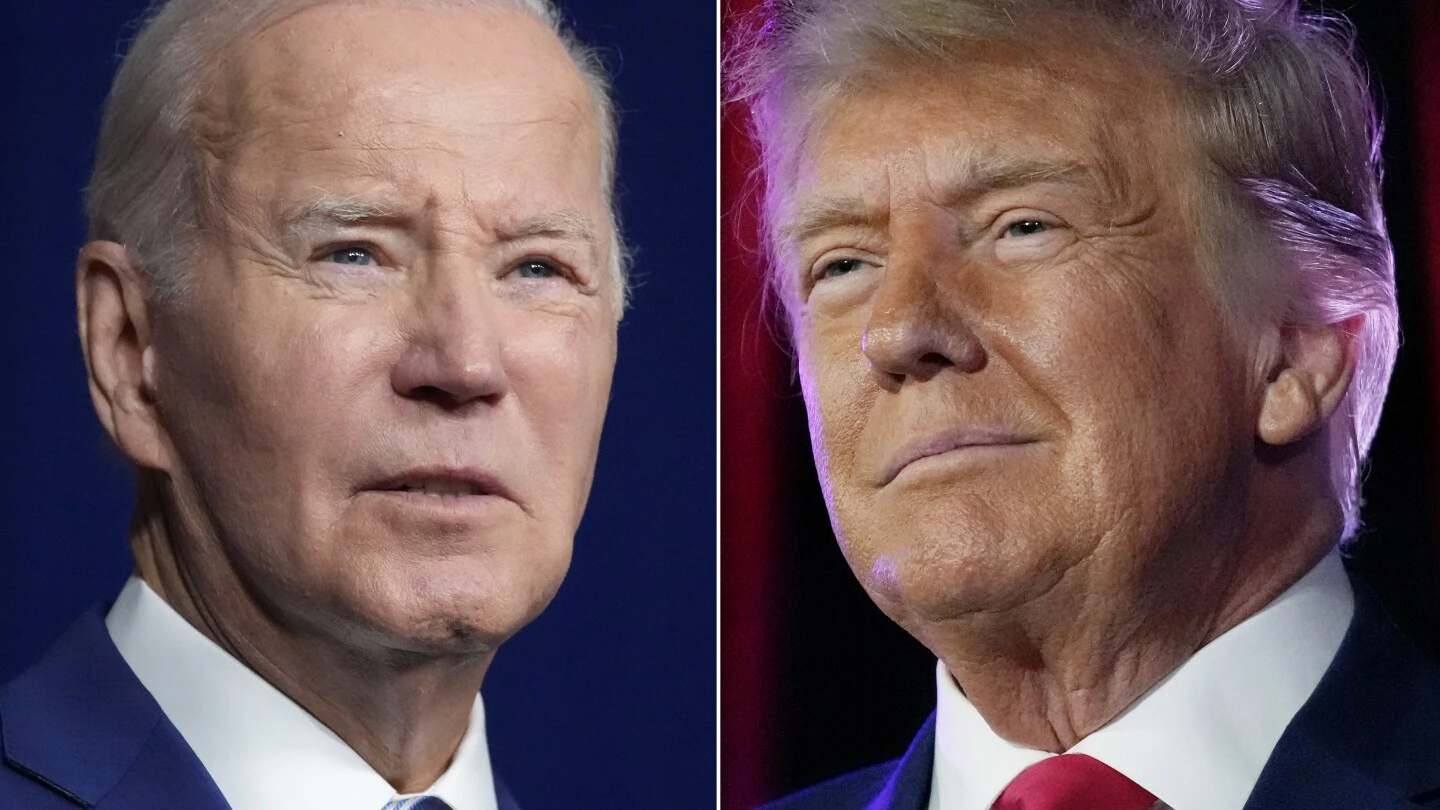More than 50 countries that are home to half the planet’s population are due to hold national elections in 2024, but the number of citizens exercising the right to vote is not unalloyed good news. The year looks set to test even the most robust democracies and to strengthen the hands of leaders with authoritarian leanings.
From Russia, Taiwan and the United Kingdom to India, El Salvador and South Africa, the presidential and legislative contests have huge implications for human rights, economies, international relations and prospects for peace in a volatile world.
In some countries, the balloting will be neither free nor fair. And in many, curbs on opposition candidates, weary electorates and the potential for manipulation and disinformation have made the fate of democracy a front-and-center campaign issue.
A possible rematch between President Joe Biden and his predecessor Donald Trump looms large in the election calendar; a Trump victory in November is perhaps the greatest global wildcard. Yet high-stakes votes before then also will gauge the “mood of dissatisfaction, impatience, uneasiness” among far-flung electorates, said Bronwen Maddox, director of the London-based think-tank Chatham House.



The MIC supports tens of thousands of jobs and cements our place as the global police force through our bloated military. No presidential candidate with a chance of winning will be anti-war
Removed by mod
Trump pointedly refused to help Ukraine and tried to blackmail them to lie about his rivals in exchange for aid. His refusal to aid Ukraine led to Russias invasion, he may not have started a war that involved American lives, but he had a huge hand in starting the Russo-Ukrainian war by following Russian orders